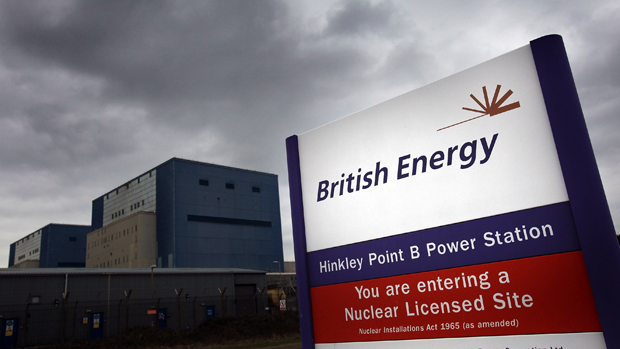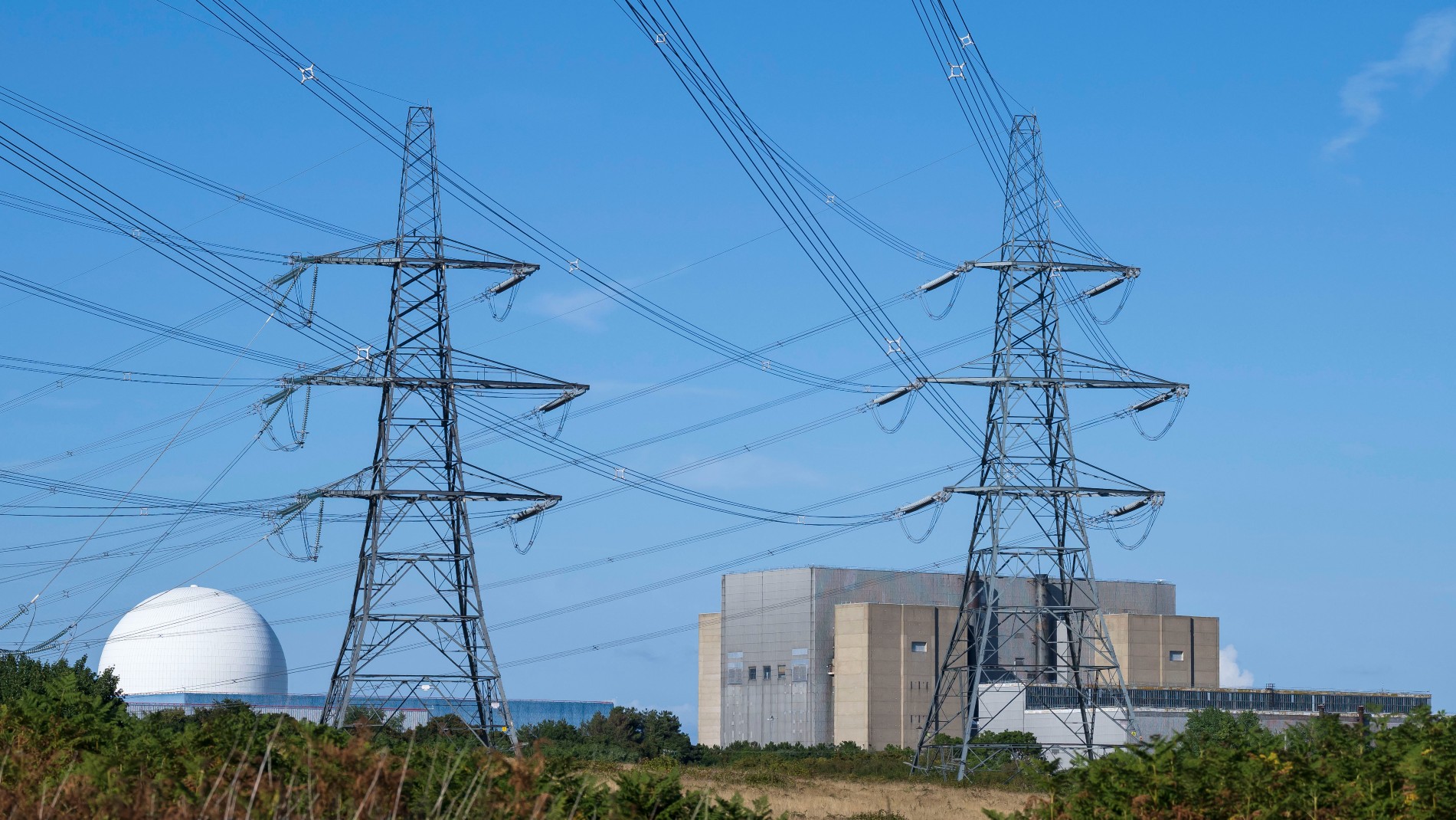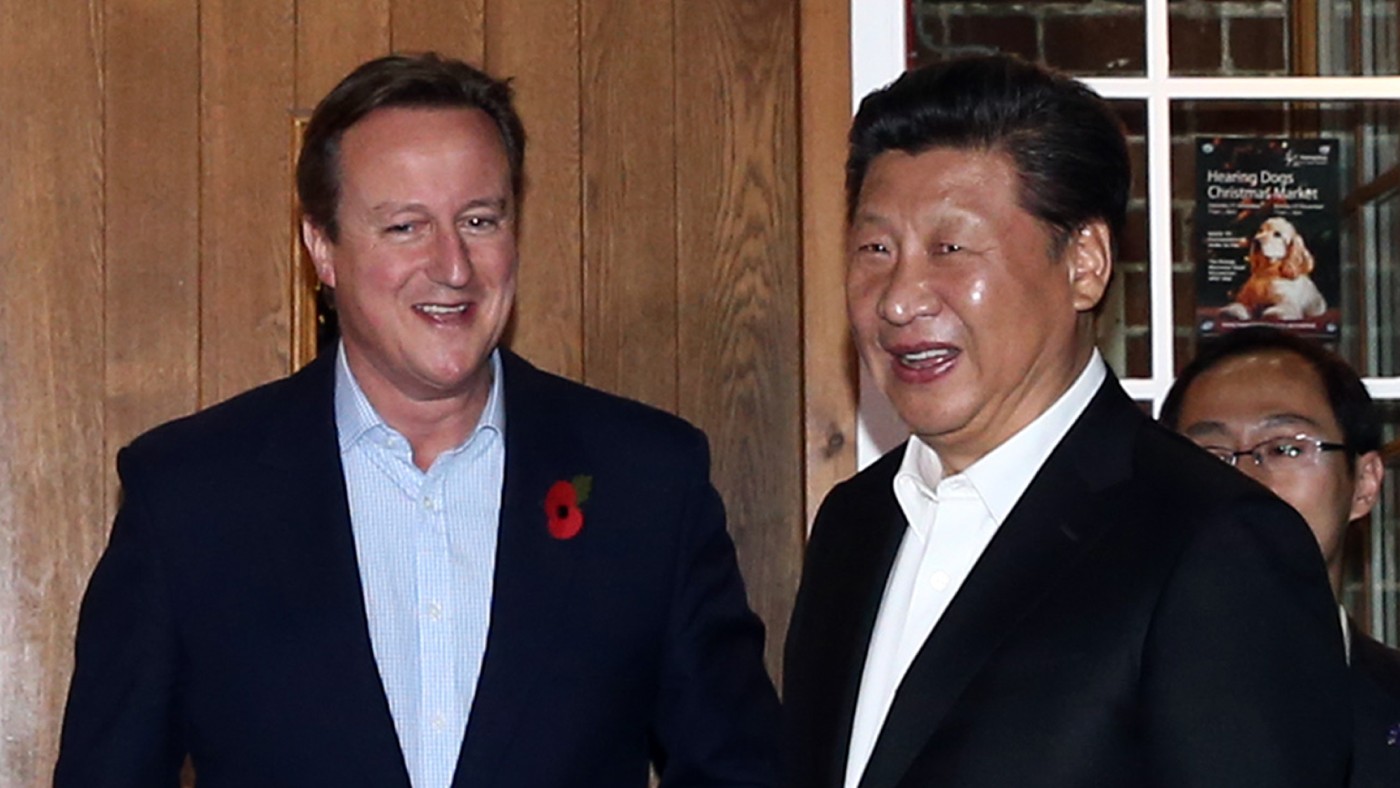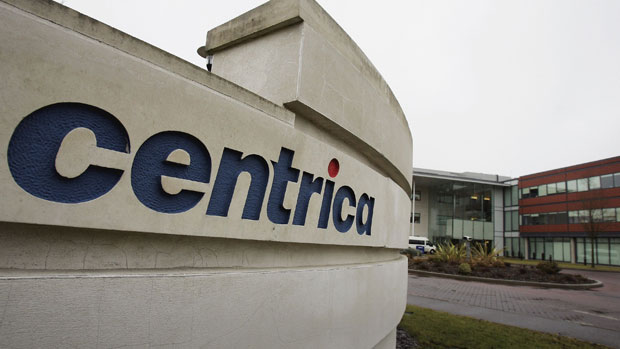Hinkley Point 'will cost public double the amount it should'
National Audit Office says nuclear project is 'risky and expensive' and has 'uncertain' economic benefits

A free daily email with the biggest news stories of the day – and the best features from TheWeek.com
You are now subscribed
Your newsletter sign-up was successful
The controversial Hinkley Point nuclear plant project is "risky and expensive… with uncertain strategic and economic benefits", the government's official auditor said.
The National Audit Office (NAO) claimed the effective public subsidy for the development could have been halved if ministers had taken a direct stake in the construction.
While it stopped short of saying the plant should not be built, the NAO did suggest rival renewable sources of power had fallen in price and could continue to do so by the time Hinkley is built, making the project seem even worse value.
The Week
Escape your echo chamber. Get the facts behind the news, plus analysis from multiple perspectives.

Sign up for The Week's Free Newsletters
From our morning news briefing to a weekly Good News Newsletter, get the best of The Week delivered directly to your inbox.
From our morning news briefing to a weekly Good News Newsletter, get the best of The Week delivered directly to your inbox.
In addition, the watchdog warned a Brexit-related decision to pull out of the European nuclear regulator Euratom could result in additional costs or a hefty one-off bill.
It is a strong reprimand from what The Guardian calls an "usually conservative watchdog".
At the heart of the criticism is the government's failure to consider "alternative finance models", specifically the outsourcing of all the construction liability to EDF and China General Nuclear, the French and Chinese state firms building the plant.
In return for taking on the £18bn upfront costs and bearing the risk for delays and overspends, the two companies are to be paid a guaranteed electricity price of £92.50 per megawatt hour, rising annually with inflation for 35 years.
A free daily email with the biggest news stories of the day – and the best features from TheWeek.com
According to the NAO, this amounts to a £30bn subsidy compared to the current wholesale price, up from an initial estimate of £6bn.
The government taking a stake in the construction would have incurred its own risks, but could have reduced the electricity price to £48.50 per megawatt hour, it adds.
The subsidy figures can be misleading, as this is simply a comparison to prevailing wholesale prices while prices for consumers are fixed and will equate to between £10 and £15 on an average annual bill, says The Times.
However, if these costs are double, then customers will be paying twice the amount they might have paid otherwise.
Meanwhile, under the terms of the contract to build the plant, pulling out of Euratom could be interpreted as a "change in law", says the Guardian, and that could trigger a compensation clause.
A spokesman for EDF said: "Today’s report shows that Hinkley Point C remains good value for consumers compared with alternative choices.
"Consumers won’t pay a penny until the power station is operating and it is EDF Energy and CGN who will take the risk and responsibility of delivering it."
Hinkley Point power station could be delayed by Brexit
27 January
"Hinkley Point C and other new nuclear power stations in Britain will be delayed by a decision by the UK to quit Europe's atomic power treaty," industry experts told The Guardian.
Buried in the explanatory notes to the government's eight-line Brexit bill is an admission that the UK will also leave Euratom, which has regulated European nuclear energy since 1957.
Euratom "promotes research into nuclear power and uniform safety standards", says the Guardian. If the UK is no longer a member, it will have to sign its own nuclear cooperation agreements with other countries.
This would have particular significance for Hinkley Point - French energy giant EDF is building the reactors at the Somerset plant and much of the fuel used will come from the US.
Once the UK leaves Euratom and until new replacement treaties are signed, "all current new build projects will be placed on hold", Vincent Zabielski, a senior lawyer at Pillsbury Winthrop Shaw Pittman, said.
John Large, a nuclear consultant, said the main burden "will be the need for [the UK] to cover its nuclear non-proliferation safeguards commitment and for this it will have to either set up a separate, independent agency or bring these treaty responsibilities into the Office for Nuclear Regulation".
EDF rejected the idea of direct delays for Hinkley Point, but it has told MPs that "ideally" the UK would remain a member of Euratom.
It has also warned that Brexit, specifically leaving the single market and curbing free movement, could "delay the delivery of new nuclear infrastructure".
Lawyers say there is no specific need for the UK to leave Euratom because it is leaving the EU. However, the government says it is necessary because the organisation is governed by EU institutions and ruled over by its courts, says the Financial Times.
Theresa May has signalled she will pursue a "clean Brexit", which means leaving the single market and the jurisdiction of the EU courts.
Hinkley Point: Bold move or white elephant?
16 September
Hinkley Point remains one of the most contentious infrastructure projects in a generation.
The controversial £18bn nuclear power station in Somerset that we were told would go ahead only yesterday is backed by governments in France, China and now the UK – as well as trade unions delighted at the economic boost it potentially represents.
But the project is still opposed by a wide array of experts as well as members of the public. No fewer than 300,000 people signed a petition that was handed in to Downing Street yesterday afternoon.
So is giving the green light to Hinkley Point a bold move on the part of the government and a vote of confidence in the UK economy? Or has Theresa May signed off the most expensive white elephant in British history?
What is Hinkley Point?
Confusingly, the name refers to Hinkley Point C, which will be the third nuclear power station in Somerset. More importantly, it will be the first new nuclear plant in the UK for a generation and is the most expensive the world has ever known.
Why is it so controversial?
There are the usual green objections. While nuclear power does not create climate change-related "greenhouse" gases, it does leave waste that needs to be stored underground for hundreds of years.
But there are two more specific concerns about the project.
One is its massive £18bn cost. In return for this outlay, the developers – French utility EDF and China's state nuclear developer, China General Nuclear (CGN) – are being guaranteed £92.50 an hour for electricity generated by the plant for 35 years. That's almost three times the current wholesale rates.
The other problem is the Chinese involvement. Some, including May's top policy adviser, are worried about the influence on UK energy security a country with what The Guardian describes as "a long and dishonourable history of cyber espionage" would gain.
How are security fears being overcome?
A new arrangement struck with EDF means it will not be allowed to sell its majority stake in Hinkley Point to its Chinese partners without first getting approval from the UK government.
Secondly, under revisions to the Enterprise Act, the government will be able to step in more generally to prevent ownership it finds undesirable. It will also hold a "golden share" in future projects that will allow it to exert more influence.
What this means for the proposed nuclear plant at Bradwell in Essex, which was to be solely designed and built by CGN, is unclear.
What about the cost?
The guaranteed electricity price has not changed – and is the main reason that Alistair Osborne describes the project in The Times as "radioactive".
The National Audit Office reckons that the implied "subsidy" – the difference between the guaranteed price and wholesale rates that is ultimately borne by customers – will eventually amount to £30bn.
That's well up on previous estimates, but of course the actual price is fixed and bills won't change.
Advocates point out that the price only represents a nine per cent annual return for EDF, which gets eroded if they don't deliver on time and on budget. They also note that offshore wind is currently more expensive and that a rise in wholesale prices would cut the implied subsidy in future.
What's the verdict?
Perhaps the most pertinent analysis comes from the Daily Telegraph's Matthew Lynn, who welcomes the decision to approve the deal because it represents a major boost for the economy at a difficult time.
"In truth, the economics of the new power station are not completely convincing. But post-Brexit, the politics are absolutely spot-on," he says.
"It sets the right tone for our post-Brexit economy: confident, outward-looking, international and determined. Throw in some electricity as well and that is probably enough to justify the £18bn price tag."
-
 How the FCC’s ‘equal time’ rule works
How the FCC’s ‘equal time’ rule worksIn the Spotlight The law is at the heart of the Colbert-CBS conflict
-
 What is the endgame in the DHS shutdown?
What is the endgame in the DHS shutdown?Today’s Big Question Democrats want to rein in ICE’s immigration crackdown
-
 ‘Poor time management isn’t just an inconvenience’
‘Poor time management isn’t just an inconvenience’Instant Opinion Opinion, comment and editorials of the day
-
 Great British Nuclear: one step forward to take two steps back?
Great British Nuclear: one step forward to take two steps back?Talking Point New flagship agency to deliver UK’s next generation of reactors delayed as nuclear output is set to decline further
-
 China General Nuclear: banned from Britain?
China General Nuclear: banned from Britain?feature The brief ‘golden era’ of Sino-British relations has turned ‘radioactive’
-
 Centrica to cut 4,000 jobs and sell UK nuclear holdings
Centrica to cut 4,000 jobs and sell UK nuclear holdingsSpeed Read Beleaguered British Gas owner lost 1.4 million customers last year